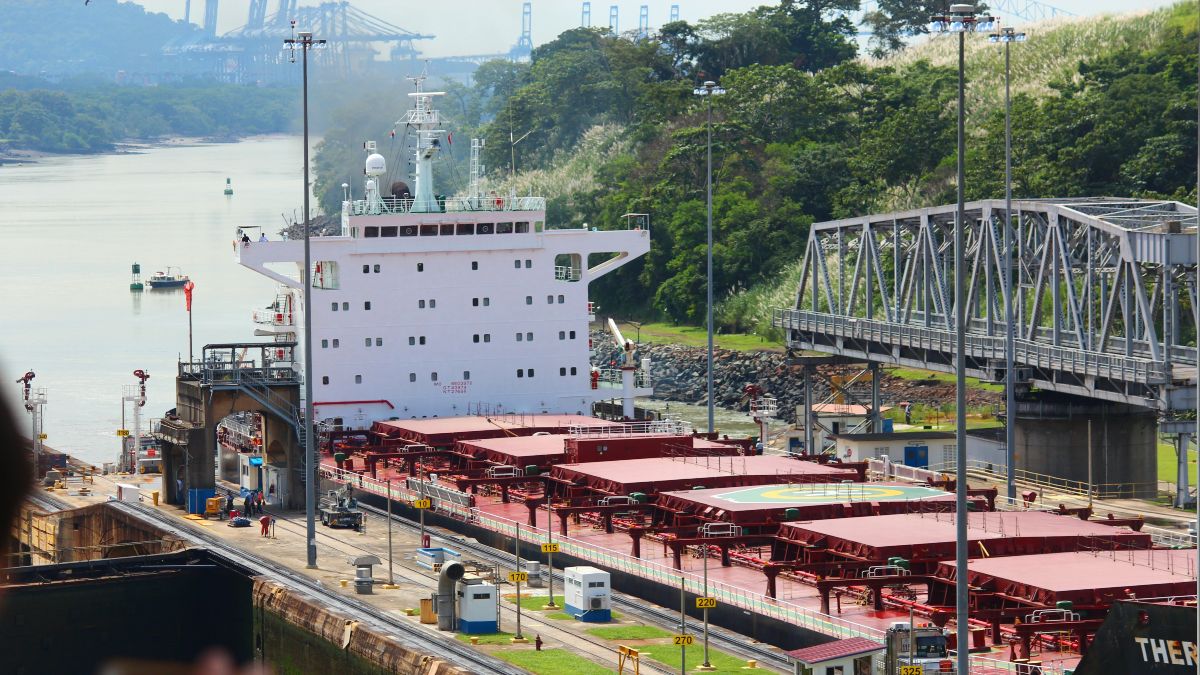El Salvador continues Bitcoin acquisitions despite new IMF deal restrictions, while positioning itself as a tech hub with groundbreaking AI legislation.
El Salvador is demonstrating a delicate balancing act as the International Monetary Fund (IMF) officially approved a $1.4 billion Extended Fund Service agreement with the country earlier this week. The deal, which ends four years of negotiations, includes provisions to limit government involvement in Bitcoin-related activities. Despite these requirements, the Salvadoran government has shown no signs of slowing its digital asset strategy, while simultaneously positioning itself as a tech hub through ambitious AI legislation.
Is Bitcoin still legal in El Salvador? Recent changes and rollbacks to the original 2021 El Salvador Bitcoin law have sparked questions among travelers and crypto-enthusiasts 🇸🇻https://t.co/1xDwxWaTng
— Central America Living (@VidaAmerica) February 5, 2025
IMF Deal Approved with Conditions
The IMF agreement, which will provide immediate access to approximately $113 million as the first disbursement, comes with several conditions. These include implementing a fiscal adjustment equivalent to 3.5% of GDP, increasing banking liquidity reserves, improving transparency, and limiting government involvement in Bitcoin-related activities.
“The Salvadoran economy is expanding steadily, supported by strong remittances and tourism and a much-improved security situation,” said Nigel Clarke, Deputy Managing Director of the IMF. “However, El Salvador faces deep macroeconomic imbalances, resulting from high debt and weak external and financial buffers.”
The specific conditions and timeline regarding Bitcoin limitations have not yet been published, creating a window of uncertainty about when and how these restrictions will be implemented.
Continued Commitment to Bitcoin
The Salvadoran government’s continued Bitcoin purchases come after the country made a significant concession to the IMF by amending its Bitcoin Law last month. The amendments removed Bitcoin’s status as legal tender and eliminated the mandatory acceptance of the cryptocurrency for payments, which were key concerns for the IMF.
Despite these changes, the government has bought 10 Bitcoins in the last week alone, with seven of those acquired for approximately $659,000 earlier this week. El Salvador’s approach provides an interesting case study on how to buy cryptocurrency at a national scale while navigating international agreements.
Earlier this month, IMF spokeswoman Julie Kozack stated that “once in effect, Bitcoin purchases will be limited to the program, as agreed.” However, without published specifics, El Salvador appears to be moving forward with its digital asset strategy, bringing its total holdings to approximately 6,091 Bitcoin as of today.
El Salvador just added another one bitcoin to our strategic reserve.
That makes 10 BTC in the past 7 days.
This is how we keep winning!
🇸🇻🏆🚀 pic.twitter.com/77xZB16a5d
— The Bitcoin Office (@bitcoinofficesv) February 27, 2025
Pioneering AI Legislation
In a parallel move that underscores the country’s commitment to technological advancement, El Salvador also passed groundbreaking artificial intelligence legislation this week. The Bitcoin Office announced yesterday that the new AI law, aligned with President Nayib Bukele’s economic liberty policies, aims to provide regulatory clarity and certainty for both proprietary and open-source AI development.
The legislation includes comprehensive protections for AI developers under Article 19, ranging from sandbox provisions to shields against third-party misuse. Additionally, the government plans to establish an AI laboratory to promote development, research, and applications within government institutions and services.
“El Salvador already boasts a zero percent tax rate on AI innovation and development, and now we provide a framework to build something extraordinary,” the Bitcoin Office stated on social media.
— Nayib Bukele (@nayibbukele) February 28, 2025
A Multi-Track Economic Strategy
These parallel initiatives suggest that El Salvador is pursuing a multi-track economic strategy, seeking to comply with IMF requirements while continuing to position itself as a pioneer in emerging technologies.
Economists view the IMF agreement as generally positive for El Salvador, as it facilitates debt management by consolidating the country’s risk profile and providing access to financing. However, significant challenges remain in achieving higher growth rates and advancing fiscal consolidation, with debt sustainability remaining a complex issue.
The government appears to be addressing these challenges by both meeting traditional economic framework requirements and pushing forward with innovative technology initiatives that could potentially attract new investment and create economic opportunities.
Challenges Ahead
Despite these ambitious plans, El Salvador faces significant obstacles. According to the Government AI Readiness Index, the country ranks 85th out of 194 nations, trailing behind regional peers like Mexico and Argentina. Challenges include limited AI infrastructure, an unprepared workforce, and the informal nature of the economy.
Additionally, the fiscal adjustment required by the IMF agreement will include cuts in public sector salaries, with the 2025 general budget eliminating more than 11,000 positions in state institutions.
As El Salvador implements these parallel strategies, the coming months will reveal how the country balances traditional economic requirements with its bold technological ambitions. President Bukele aims to transform El Salvador into a tech and innovation powerhouse in Latin America, creating new economic opportunities while navigating international financial partnerships.



